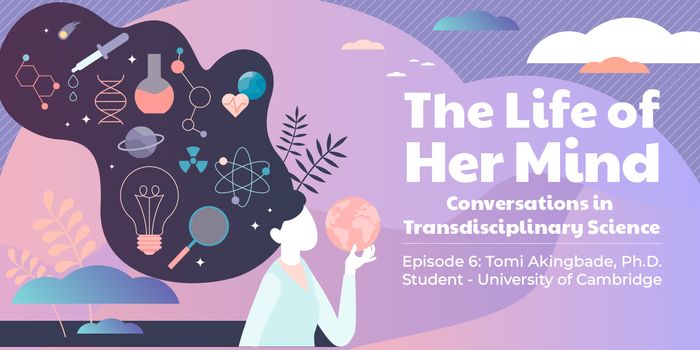Cannabis and Its Fight Against Cancer
Cannabis is known to treat nausea and vomiting from cancer chemotherapy. Most recent studies have revealed that THC and other cannabinoids are able to slow the growth of cancer cells and cause cell death in certain types of cells. It also has been found to reduce the spread of certain types of cancer.

Dr. Sanchez is a Microbiologist at the Compultense University in Madrid, Spain and was the first to discover the antitumor effects of cannabinoids, "One of the advantages of cannabinoid-based medicines would be that they target specifically tumor cells. They don't have any toxic effect on normal non-tumoral cells. This is an advantage with respect to standard chemotherapy that targets basically everything." In the video below, she talks about her work and development with cannabis and cancer interactions.
Cannabidiol (CBD) has long been known as a potent anti-cancer agent. It has the ability to interfere with cellular communication in tumors and to instigate programmed cell death. "It has also shown to have an effect on the rate of metastasis, including for non-small cell lung cancer. They found that the presence of THC affected metastasis of these cells by reducing the "focal adhesion complex," which plays a vital role in cancer migration," explained a study performed in 2007 by Harvard Medical School. The combined treatment of CBD and THC has been found to be the most effective in multiple forms of cancer.
Scientists know that the endocannabinoid system regulates a multitude of biological functions including motor function, appetite, reproduction, and more. "Cannabinoid receptors CB1 and CB2 were designed by the body to be specific targets for THC, while our natural endocannabinoids help to synthesize it. The process of THC-cannabinoid receptor binding and what this does for the body is what researchers have been studying for over two decades." Cannabis has a wide therapeutic potential with treating cancer symptoms, healing cells, and preventing cell growth. More studies are being done to better understand its benefits to those diagnosed with cancer and adding increasing evidence to the fact that cannabinoids have a wide range of medical benefits.








